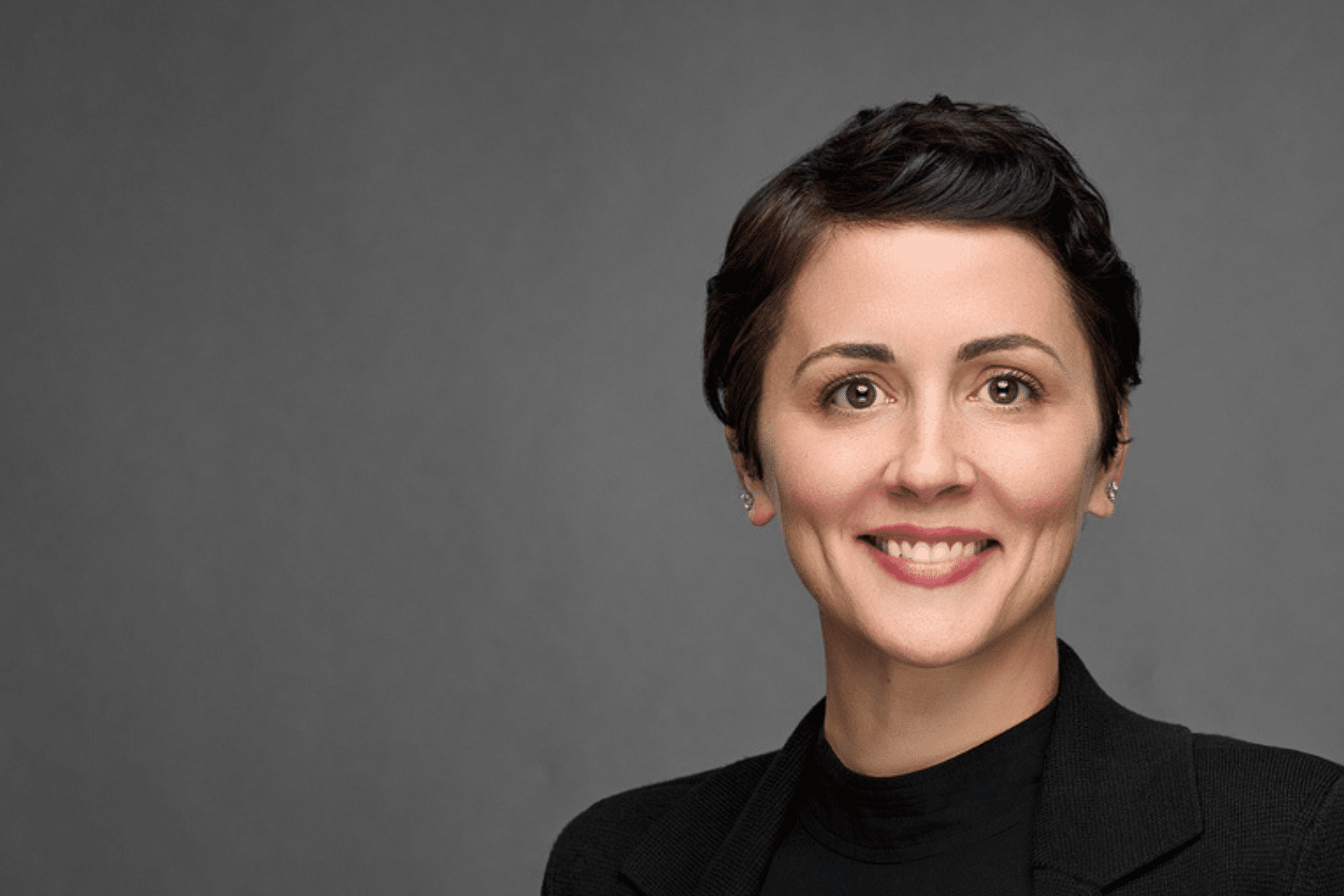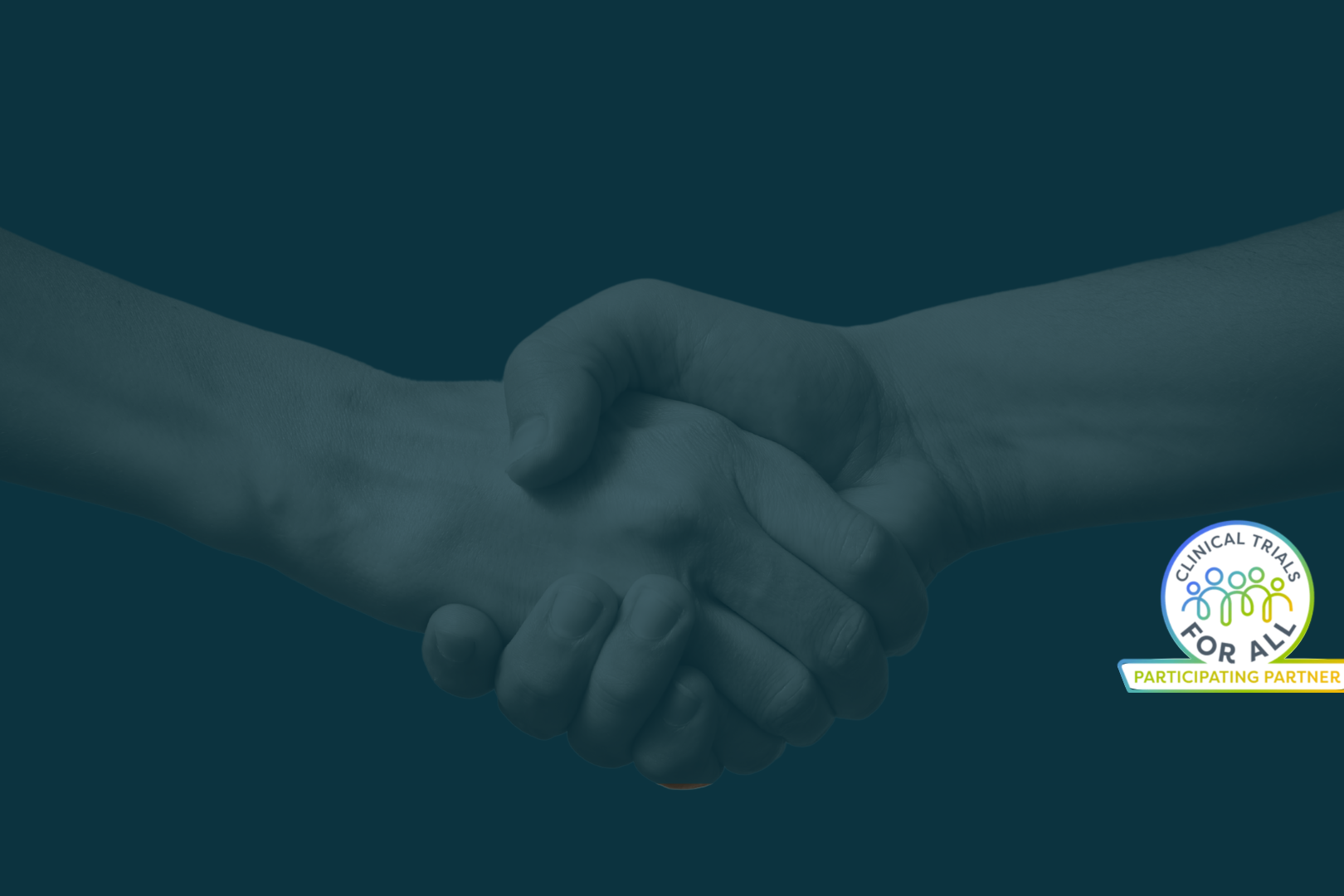Raising Awareness for World Sickle Cell Day
Today, we celebrate World Sickle Cell Day, a chronic condition which affects approximately 100,000 Americans and occurs in 1 out of every 365 Black or African-American births.1 We had the unique privilege of speaking with Jew-E’L Darbone’, the founder and CEO of Bold Plus+, a community based nonprofit organization dedicated to sickle cell awareness, advocacy, and empowerment. Living with sickle cell type SS, Jew-E’L shares her story about managing the condition, the challenges she has faced, and the impact her voice has had on countless others.
“I was four when I first realized I was different. I went to play with my friends in the sprinkler system and the cold water sent my body into one of the worst [sickle cell] crises that I’ve ever had, ” Jew-E’L recalls. “That was really impactful for me at that young age to realize I can’t do what all my friends are doing.”

Sickle Cell Disease Explained
Sickle cell disease (“SCD”) is a group of inherited red blood cell disorders that affect hemoglobin, a protein that delivers oxygen to cells throughout the body; In sickle cell disease, hemoglobin isn’t made correctly. The hemoglobin forms long chains inside the red blood cells making them curved (or, “sickled,” hence the name) and stiff. These cells, then, can not flow smoothly through the bloodstream, and get stuck, which slows down or blocks blood flow to different parts of the body. This can cause problems in the body such as a blockage of blood flow to the spleen, brain, and lungs, and severe pain. A hallmark of this condition is recurrent, acute, and chronic pain that often requires immediate management and emergency hospitalization.2 When these things happen all of a sudden, it’s called, as Jew-E’L mentions above, a sickle cell crisis.
The Challenges of Living with a Chronic Illness
Diagnosed at birth, Jew-E’L describes the challenges she faced as a young child recalling, “it was very, very isolating. I thought I was the only one in the world that had sickle cell disease and I didn’t have any family [members] who could understand or empathize with me. I really didn’t have any friends or anything like that.” Along with the physical burden of managing a chronic illness, it can also have an effect on a person’s mental health. Evidence suggests that depressive and anxiety disorders are much more prevalent among medically ill children and adolescents when compared with the general population.2 In one study of SCD, 40% of the participants met the criteria for depression.2
Jew-E’L notes, “I dealt with a lot of mental health issues. I dealt with a lot of suicidal thoughts and different things like that.” For Jew-E’L, the opportunity to attend sickle cell camp and establish a strong network of peers was a turning point. She explains, “sickle cell camp really saved my life because I found my tribe. I thought, wow, all these kids are dealing with the same issue that I’m dealing with and they’re just as unique as I am. They’re all different, we all deal with different issues, there’s no two cases of sickle cell that are alike. They call us snowflakes because each one of us is totally different. But, we all go through the same struggle.”
Finding Support and Resources
Access to educational resources are not always readily available, especially in traditionally underserved communities. For Jew-E’L, the first educational tool she received about SCD was at camp when she was 11 years old. “I wish that I had more doctors that spoke to me and not so much directed everything towards my mom. I wish they would have prepared me to become my own best advocate. I really feel like I was late to the game, like, I was a late bloomer when it came to taking care of my own health care decisions and using my voice to speak up for myself,” shares Jew-E’L.
When reflecting on what she wants to see for patients with sickle cell disease, Jew-E’L states, “I wish more doctors would approach the whole patient and not just treat a diagnosis. But actually the entire person — from the mental to physical, to dealing with every aspect of the person and not just the diagnosis of sickle cell disease.”
Becoming an Advocate
Finding strength and support from the sickle cell community is part of what drove Jew-E’L to start Bold Plus+. When asked about her biggest support, Jew-E’L explained, “It’s the strength of our community, being able to really trust one another, to find strength in each other, and be inspired by one another.” Jew-E’L’s social media community reaches over 5,000 people, giving people with sickle cell disease the opportunity to connect and share knowledge and resources. While Jew-E’L didn’t have this type of online support network growing up, she is working hard to ensure all patients with sickle cell have this resource moving forward.
So today, we celebrate Jew-E’L and her network of sickle cell warriors who fearlessly share their stories in an effort to help improve the journey and lives of other patients with sickle cell disease.
At Jumo Health, rare diseases, such as sickle cell disease, is an area where we have dedicated considerable energy and effort. To date, we have provided sickle cell disease resources across 27 different countries and in 25 languages. Our mission is to ensure that regardless of age, educational attainment, or socio-economic status, patients and their entire care circle can have access to information they can understand and act upon — whether it be at diagnosis, during treatment regimen, or while participating in a clinical trial. To learn more about our solutions, visit blog.jumohealth.com/solutions. To access our sickle cell resources, click here.
We are so appreciative of Jew-E’Ls time talking with us and her passion to serve the community that we are providing a 20% discount off all of our SCD resources all weekend long!
About Bold Plus+
Bold Plus+ is a community based non profit organization dedicated to sickle cell awareness, advocacy, and empowerment. You can follow them on Facebook and Instagram.
Sources:
- Centers of Disease Control and Prevention. Data & Statistics on Sickle Cell Disease. Accessed June 18, 2020. https://www.cdc.gov/ncbddd/sicklecell/data.html
- Benton, T et al. Anxiety and depression in children and adolescents with sickle cell disease. Curr Psychiatry Rep. 2007. 9(2):114-21.



